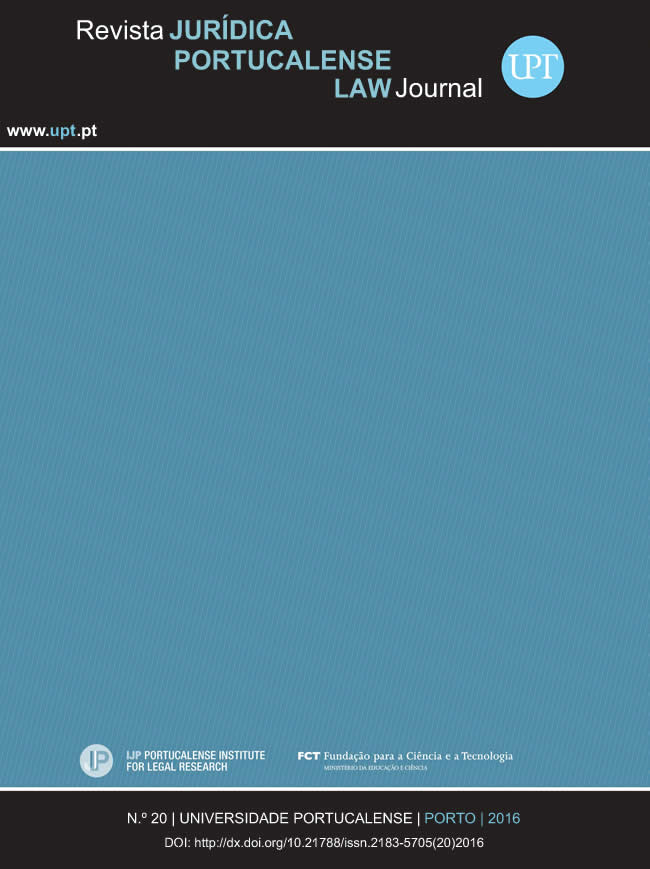Subordinated credits
Abstract
The subordinated credit class constitutes the main innovation of the Insolvency Code and Corporate Recovery (CIRE) in this area, although it existsin other legal systems, particularly the US (Bankruptcy Code), Germany (Insolvenzordnung) and Spain (Ley Concursal). These credits are listed exhaustively in Article 48 of CIRE, and their payment takes place only after fully paid all the other claims, having in consideration that the creditors who integrate this class should keep a less favorable regime, taking also into account certain objective reasons which individualize them and characterize them as such. As a novelty in the Portuguese legal system, the subordinated credit class is an issue that divides both doctrine and jurisprudence and therefore is controversial in relation to some of its categories.
Downloads
Published
How to Cite
Issue
Section
License
Authors who published in the journal agree to the following terms:
- The Authors grant the Journal the right of first publication, and other non-exclusive publishing rights, licensed under the Creative Commons Attribution License which allows the sharing of work with recognition of its initial publication in this journal.
- Authors are able to take on additional contracts separately, non-exclusive distribution of the version of the paper published in this journal (ex .: publish in an institutional repository or as a chapter in a book), with an acknowledgement of its initial publication in this journal.
- Authors are permitted and encouraged to post and distribute their work online (eg .: in institutional repositories or on their website) at any point before or during the submission process, as it can lead to productive exchanges, as well as increase the impact and the citation of published work (See The Effect of Open Access).
RJP does not apply submission, publication or any other fees of any nature. Its articles are open access, with the goal of disseminating scientific knowledge and the debate of legal topics in the area of Legal Sciences.






